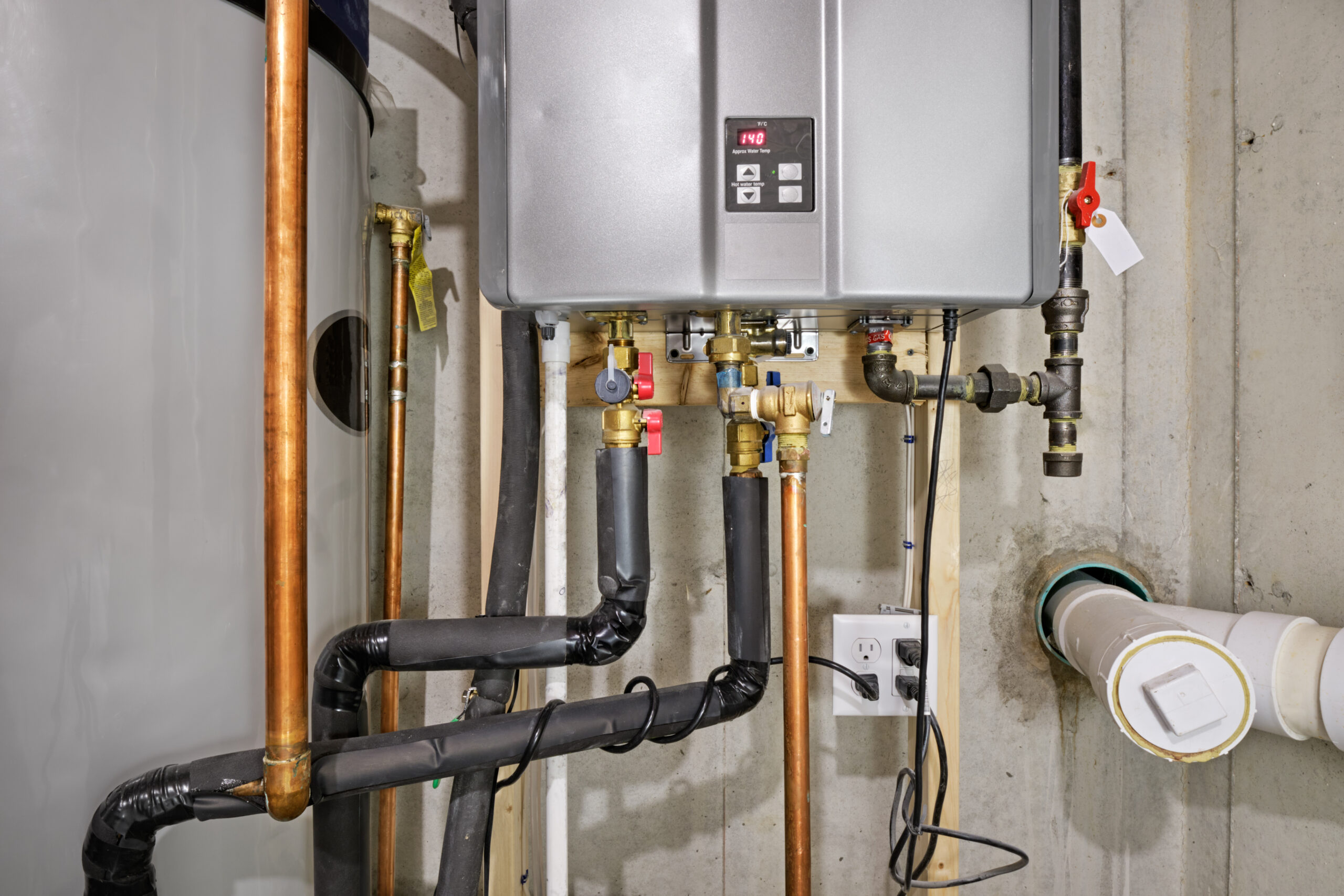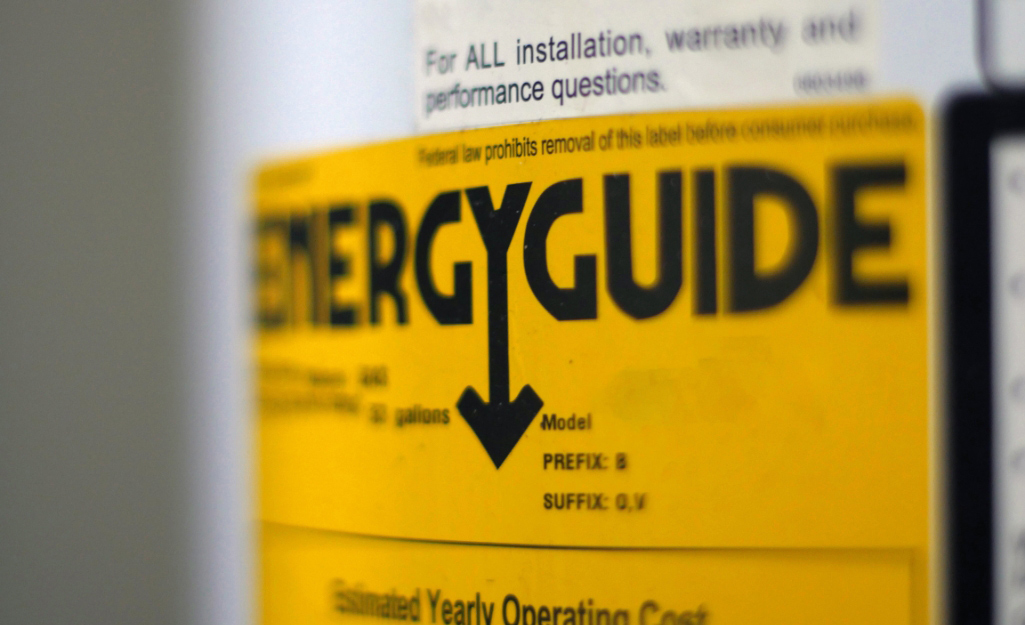|
Getting your Trinity Audio player ready...
|
Last Revised: 1/10/2025
Have you ever faced an unexpected home repair that left you scrambling to find a contractor and figure out the finances? Are you wondering if there’s a smarter way to protect the utility systems in your home without breaking the bank?
As a homeowner, these are the kinds of challenges you’re bound to face, and understanding your coverage options is key to staying ahead of the game. Home warranties are one of your options, but are they really worth it?
At Mattioni, we’ve spent decades helping homeowners navigate their home maintenance and repair journey, so we’ve got plenty of firsthand experience working alongside home warranty companies. We believe that education is the best approach to finding a financial strategy for maintaining your home’s utility systems.
In this article, we’ll share everything we’ve learned about home warranties throughout our 76 years of experience, giving you all the tools you need to make the best decision for you not only today but in the future as well. We’ll break down all the pros and cons of home warranties and offer practical advice for you to apply to your unique situation.
By the end, you’ll have a good sense of if a home warranty is the right choice for you. We’ll explore what home warranties cover, where they fall short and how alternative strategies offer different outcomes. Let’s dive in by looking at some key similarities and differences between home warranties and homeowners insurance.

What Exactly is a Home Warranty? Understanding the Basics
A home warranty is a service contract that helps cover the cost of repairing systems and appliances in your home. Think of it as a safety net for when things in your home go wrong. When evaluating home warranties as an investment in securing your home’s utilities and appliances, it’s important to understand how they are similar to and different from homeowners insurance.
Basic homeowners insurance protects you from disasters like fires, floods, or theft. A home warranty, on the other hand, covers the wear and tear of your home’s internal systems and appliances. While both offer coverage that can reduce the cost of homeownership, they are distinctly different in the situations in which they can be called upon for robust coverage. Keep this in mind as we dive into the pros and cons of home warranties.
The Pros of Home Warranties: Convenience and Coverage
In many situations, a home warranty offers a positive experience that can limit expenses and save you time. Here are the pros:
1. They’re a One-Stop Shop for Minor (and Some Major) Repairs
One of the perks of a home warranty is the hands-off approach to small household repairs. Usually, when something fails or breaks and you need a home service company to come out, it’s your responsibility to choose the contractor and set up the appointment.
This burden is lifted with a home warranty; however, it bears mentioning that there is some initial legwork needed on your end to get your claim approved. For instance, you’ll likely have to complete some paperwork, potentially slowing the process down. But once you’ve gotten the claim approved, the home warranty company will handle the rest.
If you’re someone who dreads navigating a relationship with service providers, home warranties can alleviate a lot of stress. You won’t need to scramble or spend hours researching reviews, comparing quotes, or navigating scheduling. Your home warranty company takes over this process, lifting the weight off your shoulders.
2. Affordable Solutions for Minor Repairs
Home warranties typically offer an affordable and hassle-free solution for small, routine issues such as unclogging a drain or fixing a leaky faucet. For instance, many warranties cover repairs up to a certain threshold (e.g. $500), allowing contractors to fix smaller problems without needing prior approval.
Many times, this fills the gaps left by traditional homeowners insurance. While your insurance might be a lifesaver in a catastrophic event like flooding or fires, it usually won’t cover the wear and tear of everyday appliances. Home warranties are usually a good option for these minor repairs, making them appealing for non-DIYers.
3. The Potential to Receive Significant Financial Assistance for Major Repairs
Once you run into larger household repairs, the claim approval process starts to get tricker, however there is the potential to receive a payout that can make the project much more manageable.
It’s never a sure thing as home warranties are often designed to keep their own costs low, but many people are satisfied with the quality of their coverage for things like HVAC replacement, sewer line projects, and larger plumbing projects.
It’s vital to read the fine print and be sure of exactly what coverages you’re signing up for, so that your home warranty experience is a positive one.
The Cons of Home Warranties: Limited Flexibility and Hidden Costs
Before committing to a home warranty, it’s important to understand that they have some drawbacks. Here are the cons:
1. You Can’t Choose Your Contractor
Here’s where things can get frustrating with home warranties. When you rely on a home warranty, you don’t get to pick the contractor who comes to your house. Instead, the warranty company assigns someone from their pre-approved list, prioritizing affordability over quality.
This means you get whoever offers the home warranty company the cheapest rate – not necessarily the best service. This lack of control can be frustrating, especially if you have a preferred contractor you’ve worked with in the past. Ultimately, you’re left at the mercy of the home warranty’s system, which may not align with your standards for service.
2. Repairs Prioritized Over Replacements
Home warranties often aim to provide the most cost-effective solution to get your systems or appliances running again, which usually means repairing them rather than replacement.
For example, if your sewer line has multiple weak spots but only one section is actively causing a problem, they’ll likely only repair that section. Or if you have an aging AC system, the home warranty company will probably opt to only replace small components rather than address the system as a whole.
While this patchwork approach may get things running again temporarily, it doesn’t necessarily address underlying issues or provide long-term solutions. For homeowners facing aging appliances and utility systems, this “band-aid fix” approach can be a major drawback. In many cases, repeatedly making small fixes is throwing good money after bad, especially when comprehensive replacement is the better option.
3. Red Tape: Claim Limits, Delays, and Deductibles
While many home warranty plans advertise extensive coverage limits, the reality is often far less generous. You might see something like “up to $10,000 in repairs,” but don’t take these numbers as a fact – many companies only approve work worth a fraction of their advertised totals.
Warranty providers typically negotiate costs with contractors, and those negotiations often result in reduced scopes of work. For instance, a contractor might estimate a job at $5,000, but the warranty provider might approve only $2,000 worth of repairs, adjusting the scale of work to be completed.
Additionally, larger claims come with more paperwork, which can significantly delay the process. Contractors often have to submit detailed documentation to the warranty company, outlining everything from labor costs to material expenses. If the paperwork isn’t submitted correctly (or isn’t submitted at all) the claim can be denied outright. This creates a sea of headaches for both the contractor and the homeowner, leaving the issue unresolved or requiring out-of-pocket expenses anyway.
You should also consider that home warranties come with deductibles, meaning you’ll have to pay a fixed amount before repairs can begin. This is carried out similarly to your copay on your health insurance policy.
Are There Better Alternatives to Home Warranties?
As you can see, while home warranties are great for small repairs, they can open the door to frustration if relied on for major projects. No matter where you’re at in your homeownership journey, it’s always wise to consider all your options – especially when it comes to how you pay for home improvement jobs.
One alternative worth considering is setting up an emergency repair fund. Think of it as a savings account specifically for those “uh-oh” moments, like when your water heater gives up or your HVAC system decides to kick the bucket. By putting aside the money you’d spend on a warranty, you’ll have the financial flexibility to pay for these jobs to be done without any limitations or restrictions. Plus, you’ll free that money up to earn interest while it sits in a savings account or other financial investments. Additionally, you’ll be able to choose the contractor that you feel confident in to do the whole job, not just a patch-up repair.
Another option? Take a closer look at adding service riders to your homeowner insurance. Riders are add-ons that cover specific risks, like sewer or water line repairs, that tend to be more comprehensive and less restrictive than home warranties.

Should You Get a Home Warranty? Here’s What You Need to Know
So, are home warranties worth it? Like many questions, it’ll depend on your situation. If you’re new to homeownership and want the peace of mind that comes with having someone else handle the details, a home warranty might be a good fit for you. But if you value control over who works on your home, or want the flexibility to move forward with a comprehensive solution (like replacements instead of repairs), it might be better to skip the warranty and explore other options.
Your Home, Your Maintenance Financing Strategy – Take Control Today
Making the call on whether to invest in a home warranty or pursue a different option is no small decision. Whether your heating, cooling, or plumbing system needs a small repair or a major replacement, your approach to financial coverage will impact both the quality of your experience and the quality of work.
At Mattioni, we know that every home is different, and so are the challenges that come with it. That’s why we recommend taking a proactive approach.
For many people, home warranties are helpful for small-scale, quick fixes, however they often come with limitations that come into play with larger repairs, potentially leaving you wishing for more coverage or control. Be sure to read the fine print and understand what you’re signing up for.
If you’re looking to create a more manageable experience when your water heater, air conditioner, furnace, or sewage system fails, consider setting up an emergency fund or looking into service riders to your homeowners insurance. These alternatives to home warranties often set you up with more comprehensive protection and control over choosing your contractor.
Not only is your house one of the biggest investments you’ll ever make, but it’s also the place you call home. Don’t leave your comfort up to chance. Start by assessing the condition of your current HVAC and plumbing equipment, understand potential risks, and find the solution that aligns with your goals At Mattioni, we’re here to help – reach out to our friendly staff for expert advice by calling (610) 400-8510 or book a free in-home consultation online today. Let’s work together to keep your home safe, functional, and comfortable.




